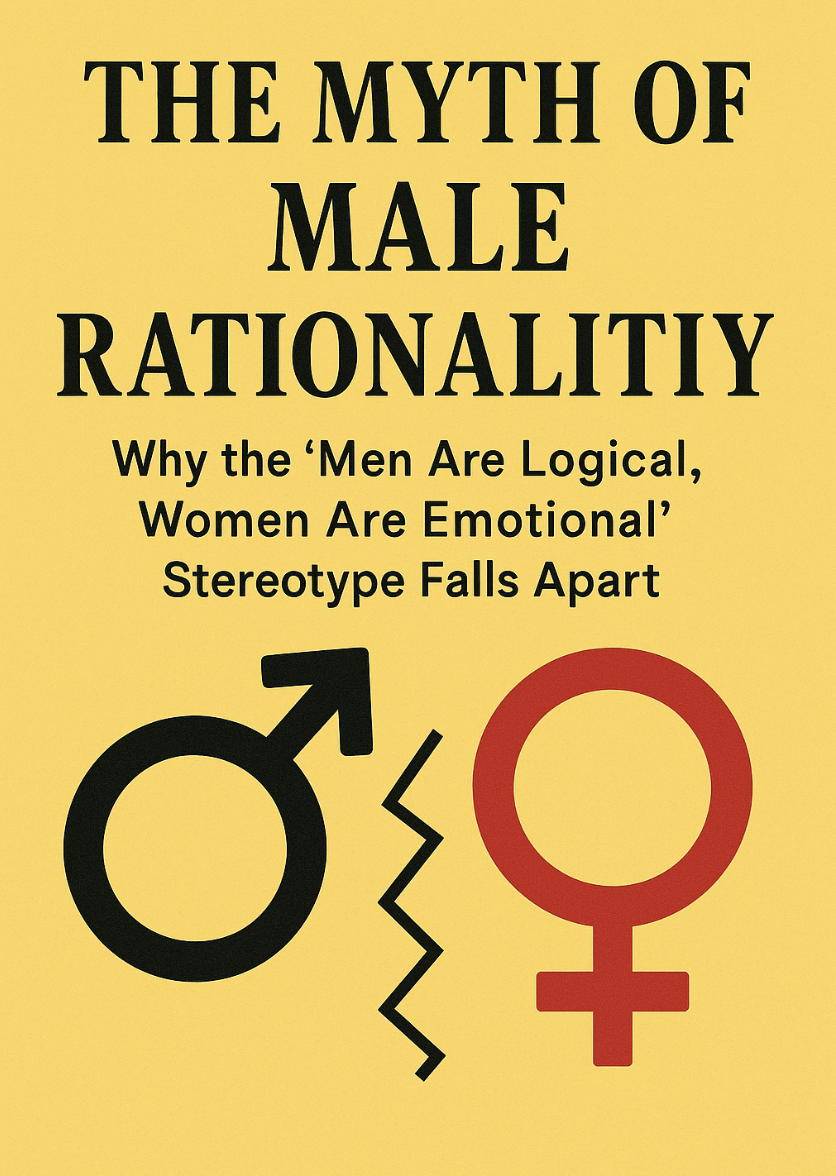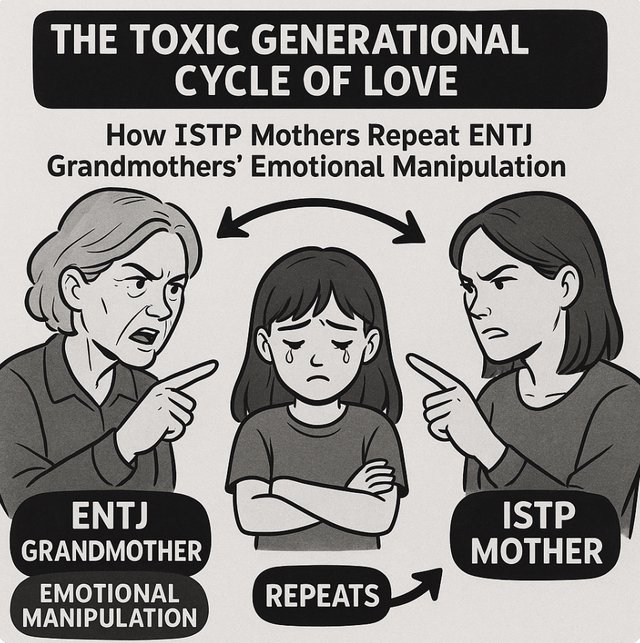The Myth of Male Rationality: Why the 'Men Are Logical, Women Are Emotional' Stereotype Falls Apart

The Myth of Male Rationality: A Professional Breakdown
The pervasive stereotype that “men are rational, women are emotional” is not only scientifically dubious but also logically inconsistent when examined closely. As experts in personality psychology and career development, we see how such oversimplifications distort self-awareness and professional growth. Let’s dissect this claim through the lens of MBTI theory, cognitive science, and real-world behavior.
1. The Flawed Logic of Gendered Rationality
The argument that men are inherently more rational collapses under scrutiny. If rationality were truly a male trait, then:
Consistency would demand same-sex partnerships (since “illogical” women wouldn’t be viable partners for “logical” men).
Biological urges (e.g., heterosexual attraction) would be overridden by logic—yet this rarely happens, proving that “rationality” is situational, not intrinsic.
This contradiction reveals the stereotype as a post-hoc justification rather than an observable truth. MBTI research shows that Thinking (T) and Feeling (F) preferences are distributed across genders, with many women testing as Thinkers (e.g., ENTJ, INTJ) and many men as Feelers (e.g., ISFJ, ENFP).2. Cognitive Functions Don’t Care About Gender
MBTI theory identifies eight cognitive functions (e.g., Ti, Fe, Ne) that shape decision-making. These are neurological processes, not gendered traits:
Ti (Introverted Thinking): Systematic analysis—common in INTPs (often stereotyped as “male”) but also ISTP women.
Fi (Introverted Feeling): Value-driven choices—seen in male INFPs just as much as female ISFPs.
Gendering these functions ignores their biological and cultural complexity. Workplace studies confirm that high-performing teams balance both “logical” and “emotional” approaches, regardless of gender.3. The Professional Cost of Stereotypes
Labeling emotions as “female” harms career development:
Men may suppress Emotional Intelligence (EQ), a key leadership skill (e.g., empathy in management).
Women in STEM face bias when their logical strengths defy stereotypes.
MBTI data reveals that the most successful leaders leverage both T and F preferences. For example:ENTJ women use Te (objective logic) to strategize but also Fe to motivate teams.
ISTJ men rely on Si (tradition) yet need Fi to align work with personal values.
4. How to Move Beyond the Binary
To dismantle these myths:
Use MBTI assessments to identify individual strengths, not gendered assumptions.
Promote EQ training for all professionals—Google’s Project Aristotle found EQ matters more than IQ in team success.
Challenge workplace biases (e.g., the “angry male leader” vs. “emotional female employee” double standard).
Conclusion: Rationality Isn’t a Gender Contest
True rationality means rejecting oversimplifications. The MBTI framework proves that cognitive diversity—not gendered boxes—drives innovation. Whether you’re an ENFJ man or an ESTJ woman, your career path should hinge on your verified traits, not outdated tropes.
Call to Action: Take a scientifically validated MBTI assessment to uncover your real strengths—free from stereotypes.




